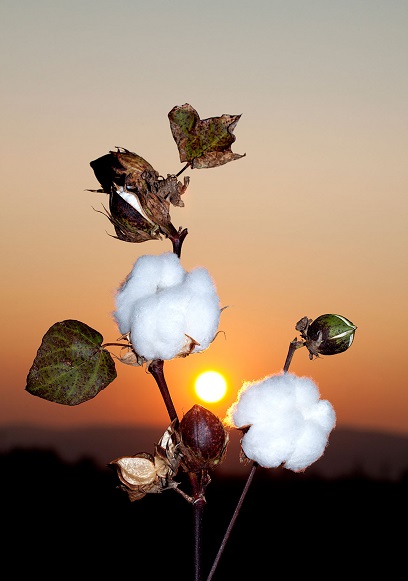Organic cotton long johns/ leggings made in cotton/elastane, knitted to single jersey or interlock, plain colors or yarn-dyed stripes or reactive prints, soft touch and breathable. With fashionable and comfortable jacquard elastic waistband, or ordinary elastic wrapped inside self-fabric waistband, different kinds of waistband design, but give you same comfortable fit experience.
In addition, we design different versions of organic cotton long johns according to the different physiological characteristics of men's and women's. For example, 3D three-dimensional design is created at the middle of front rise positions of cotton mens leggings, and some styles with open fly are designed at the front rise position according to the needs of customers. As stretchy organic cotton long johns and leggings, they are a good choice for winter as thermal pants and for spring and fall as daily wear tights. Organic cotton long johns are not only shaped but also ensure breathability and comfort experience.
We have both cotton leggings for men and women's organic cotton long johns, custom service is also fully supported like color, size, design, etc.
Our organic cotton long johns/ leggings are made of 95% organic cotton 5% spandex, the organic cotton is comfortable and free of harmful substances. Organic cotton long johns/ leggings are not only stretchy, perfect fit, environmentally friendly, but also breathable and durable.
Normal wash is fine: 40℃ wash, no bleach and no dry wash, low temperature iron on reverse if it has prints on it. No need special care for wash.
You can wear it whatever you stay relax at home or wear it inside of outer pants in cold winter. The organic cotton long johns/ leggings always give you comfortable experience.
What does growing organic cotton mean for the environment? Organic cotton uses very little water.
Organic cotton uses 91 percent less "blue" water (from underground and surface bodies of water, such as freshwater lakes and rivers) than conventional cotton, according to the report.
"Most organic cotton is grown on small farms that are rain-fed rather than irrigated and don't use much water because they don't use synthetic pesticides and fertilizers. Organic cotton does not involve genetically modified crops, which typically require more water, and pesticide-free soil makes it more water-efficient to grow. In fact, 95% of the water used to grow organic cotton is green water (rainwater and water stored in the soil).
Organic cotton causes less water pollution
Growing organic cotton over conventional cotton can also reduce water pollution levels by 98 percent because it does not use synthetic chemicals such as pesticides and fertilizers, according to a 2011 report by Water Footprint.
Growing organic cotton reduces greenhouse gas emissions
According to data from the Textile Exchange, organic cotton can reduce greenhouse gas emissions by 46% compared to conventional cotton simply by not using fertilizers and pesticides that release nitrogen dioxide and by using fewer mechanized farming methods. In addition, because it is free of fertilizers and pesticides, the soil can also act as a "carbon sink", absorbing carbon dioxide from the atmosphere.
